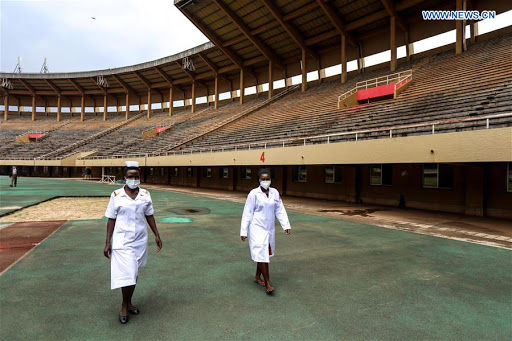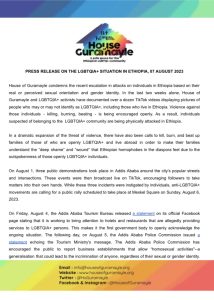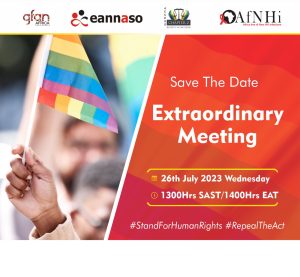People living with HIV are at a higher risk of severe COVID-19 illness and death, yet the vast majority are denied access to COVID-19 vaccines. Key populations and their sexual partners account for 65% of new HIV infections but are largely left out of both HIV and COVID-19 responses—800 000 children living with HIV are not on the treatment they need to keep them alive.
According to the UNAIDS global AIDS update 2021 report, people living with HIV are more vulnerable to COVID-19, but widening inequalities are preventing them from accessing COVID-19 vaccines and HIV services.
The report notes that, COVID-19 vaccines could save millions of lives in the developing world but are being kept out of reach as rich countries and corporations hold on tightly to the monopoly of production and delivery of supplies for profit. This has created a severe impact around the world as health systems in developing countries become overwhelmed, such as in Uganda, where football stadiums namely Namboole are being turned into makeshift hospitals.
Winnie Byanyima the Executive Director of UNAIDS says, “Rich countries in Europe are preparing to enjoy the summer as their populations have easy access to COVID-19 vaccines, while the global South is in crisis, we have failed to learn the lessons of HIV, when millions were denied life-saving medicines and died because of inequalities in access. This is totally unacceptable.”
The report, Confronting Inequalities, shows that in 2020 alone, the 1.5 million new HIV infections were predominantly among key populations and their sexual partners. People who inject drugs, transgender women, sex workers and gay men and other men who have sex with men, and the sexual partners of these key populations, accounted for 65% of HIV infections globally in 2020. Key populations accounted for 93% of new HIV infections outside of sub-Saharan Africa, and 35% within sub-Saharan Africa. However, they remain marginalized and largely out of reach of HIV services in most countries.
“We are 40 years into the fight against HIV. Both the successes and the failures have taught us that we cannot prepare for or defeat a pandemic unless we tear down inequalities, promote people-centred, rights-based approaches and work together with communities to reach everyone in need,” said Ms Byanyima.




